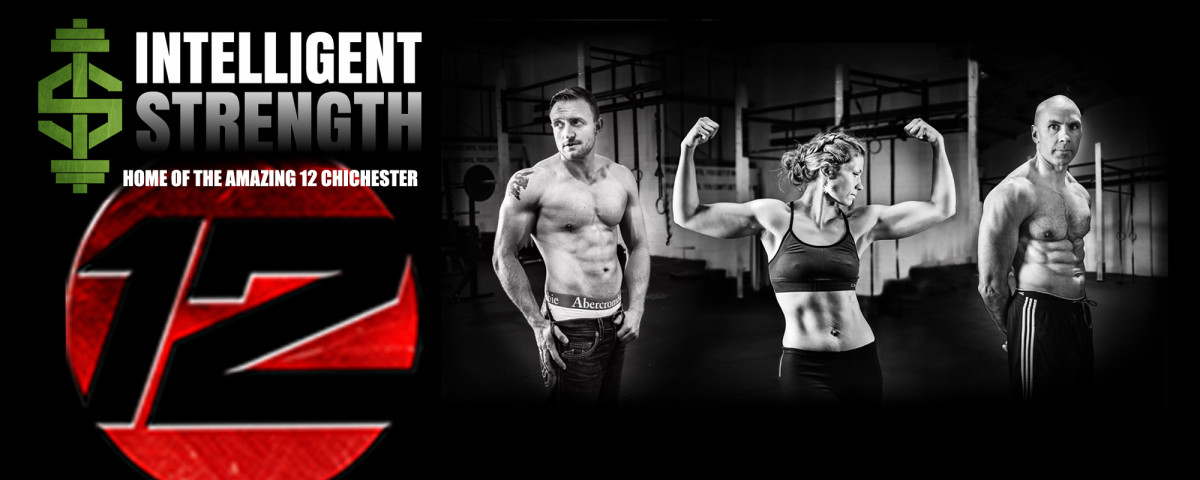 OFTEN when we talk about making changes and improving health, the emphasis is on exercise and diet, both of which are important. But the much overlooked – and critical -ingredient is sleep.
OFTEN when we talk about making changes and improving health, the emphasis is on exercise and diet, both of which are important. But the much overlooked – and critical -ingredient is sleep.
More specifically, I refer to quality and quantity of sleep. The type of sleep that is uninterrupted and not induced by medication.
Few, if any, factors will accelerate ageing more than sleep deprivation.
I’m not a sleep expert by any means. But I’ve done my research and learned from those, like Shawn Stevenson (author of the outstanding book, Sleep Smarter), who know this subject inside out. I’ve struggled with sleep since the birth of my first child, more than 10 years ago. Up until that point I could sleep almost anywhere at any time.
The change to my circumstances makes me more determined to find a solution or, at the very least, stack the odds in my favour so I can make the best of a less-than-optimum situation.
Since I train/workout frequently – which means my body needs to recover in order to heal and grow – how well I sleep may determine whether I am living in a way that causes damage or promotes health.
But that’s not all. Poor sleep will affect your mood, productivity, creativity, movement, concentration, brain function, digestion, eating habits, body weight, hormone production…the list goes on.
It’s so important that it’s mind-boggling, really, how in order of significance sleep has been relegated down the pecking order for most of us.
Perhaps, like breathing, we don’t pay it attention because it is usually something that just happens naturally unless you are one of the relatively small percentage that truly has serious issues with it.
As Stevenson says, “Sleep is the force multiplier. It will magnify the results you get from your food and movement.”
In terms of physical training – and the Amazing 12 transformation program for example – getting a good night’s sleep is of paramount importance. On the Amazing 12, you train five days a week. To be able to do that, you must enable your body to recover in order to adapt. Without enough rest, your body won’t make it. It will break down. Your immune system will crumble also.
What many people don’t realise is that most of the benefits that come from training and exercise are manifested ONLY if we get the necessary sleep and rest.
So how do we start?
Firstly, let’s look at the important relationship between cortisol and melatonin. Then let’s look at another important hormone, serotonin.
Cortisol is what our body produces in response to stress, be it physical or mental. It’s vital for our survival, especially in this modern age. It generally peaks in the morning, when we rise, and diminishes as the day goes on, in readiness for the wind-down.
Our body is supposed to produce cortisol in short bursts, to deal with a stress situation. But when that stress is prolonged is when we can develop chronic illness.
The trouble is that nowadays, what with our busy lifestyles, high demands and electronic devices, we are nearly always ‘switched on’ and in stress mode.
Also, when cortisol levels are high, we eat more, consequently we store more body fat, our thyroid slows down, insulin functions less efficiently and our blood sugar goes up and down.
Conversely, melatonin, a natural hormone and regarded as the most powerful anti-cancer hormone our body can produce, increases later in the day, particularly when darkness sets in, reducing our alertness and helping us to sleep.
But here’s the crux: when cortisol is high, melatonin is low and vice versa.
So if we typically do activities at bed-time that increase stress levels, guess what that does to cortisol and our potential for sleeping well and, consequently, recovery from the demands of our lifestyles?
These ‘activities’ could range from hard exercise to, more commonly, watching television, using computers, being on our phones, eating stimulating foods and doing something that has us on high alert.
Because our bodies like to search for and adopt patterns of behaviour, breaking these habits then often proves challenging.
But a key starting point would be at pre-bedtime to slowly phase out any of these activities and replace them with actions which are less stimulating and/or more relaxing.
Read a book instead of going on social media. Meditate instead of watching television. Take a warm shower or bath. Go to bed earlier. Have sex. Get a massage. Blacken your room.
If you’re still awake at 11pm you have missed the boat that stops once every night delivering the best quality growth hormone – also known as the ‘youth hormone’ – which your body needs to repair and maintain muscle and decrease belly fat.
So where does serotonin come into the equation? Consider this: 95 per cent of serotonin is in our gut and affected by our diet. As serotonin is what helps create melatonin, the connection between diet and good sleep is obvious.

The challenge of becoming healthy and staying healthy is essentially a three-pronged affair.
Avoid: excessive sitting; eating processed foods; using electronic devices at bed-time; alcohol and coffee late in the day.
Increase/introduce: movement/exercise/resistance training; consume more fresh produce, especially vegetables; cultivate better sleep habits; spend time outdoors and try to be in contact with the ground/earth for 10 minutes a day; have regular massages.
Start gradually and make small progress in order to stay on course. Try using a sleep app like Sleep Cycle to keep track of your sleeping patterns. Good luck and remember this quote from sleep researcher, Dr William Dement: “You’re not healthy until your sleep is healthy.”

9 thoughts on “Sleep…the missing piece of the wellbeing jigsaw”
Comments are closed.